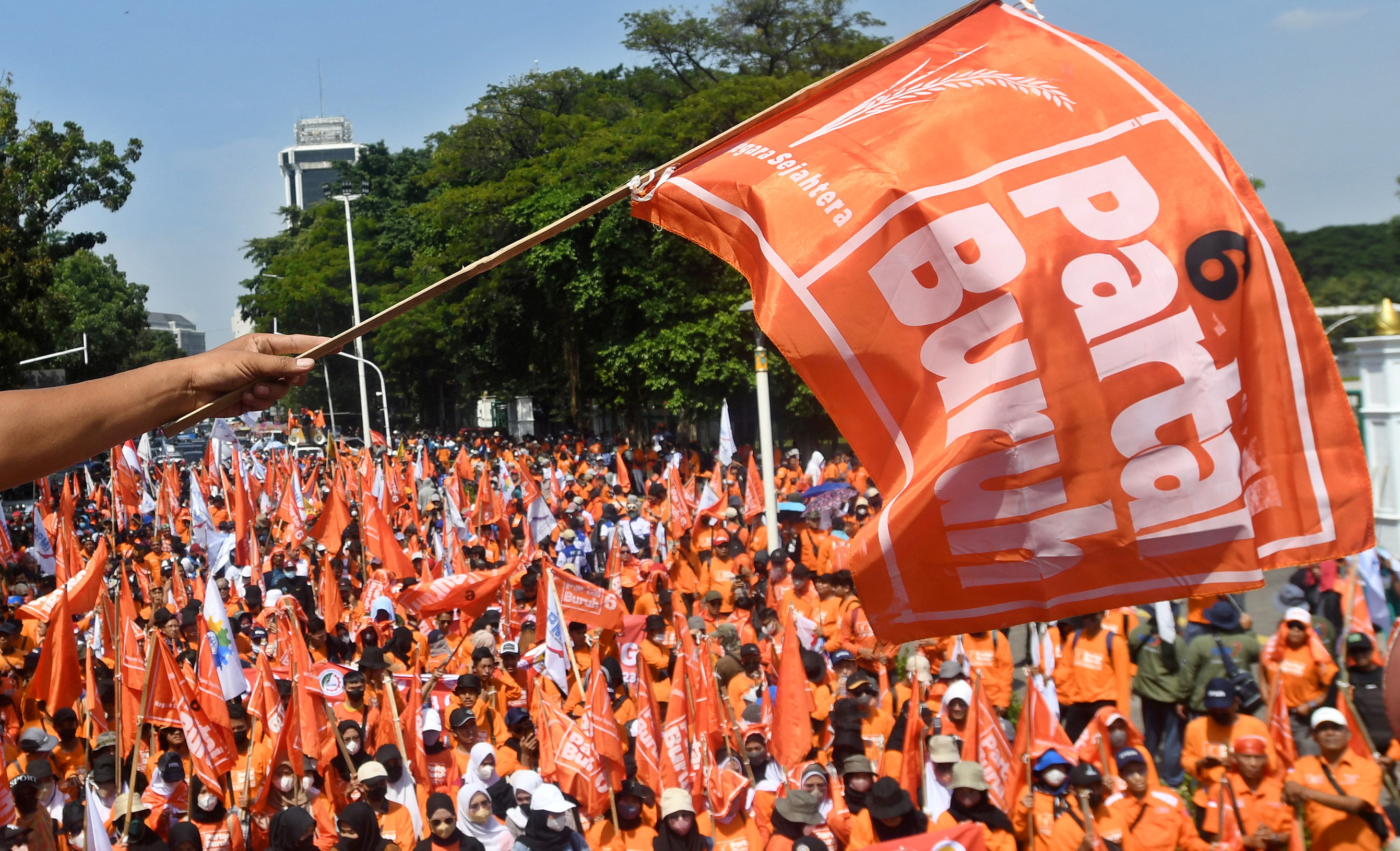Nina Megayanti used to think she had it all. Living in Jakarta, she enjoyed a comfortable life filled with dining out and spontaneous weekend getaways. But the tides turned when, in 2023, she was laid off from her marketing position amid a slowing economy. Now, like millions of Indonesians, she faces the harsh reality of unemployment and financial instability.
As reported by the International Monetary Fund, Indonesia"s unemployment rate is projected to rise to 5% this year, making it the second-highest in Asia, surpassed only by China. While the government touts an annual growth rate of approximately 5%, the lived experiences of everyday citizens tell a different story—a tale of mounting despair and economic denial.
Government Denial of Economic Hardship
The government led by President Prabowo Subianto, who took office in October, is focused on fulfilling campaign promises such as a nationwide free school lunch program and affordable housing. However, these initiatives come at a steep cost. To fund them, Prabowo has redirected billions of dollars from essential government services and slashed budgets across ministries, including public works, health, and education.
Critics argue that these priorities are misplaced and detrimental to the average Indonesian. Awalil Rizky, an economist at the Bright Institute, emphasizes that the government is in denial about the economic conditions. As reported by Trading Economics, the number of unemployed individuals decreased to 7,195,000 in 2024, but this figure does not capture the full extent of job loss and economic insecurity stemming from austerity measures.
Austerity Measures Deepen Economic Inequality
The austerity measures implemented by the government disproportionately affect the most vulnerable populations. By cutting funding and firing thousands of government contractors, the administration is not only undermining public services but also exacerbating wealth inequality. The reality is that those who are already marginalized are being pushed further into poverty.
According to the IMF, the projected rise in unemployment is not just a statistic; it represents real lives impacted by policy failures. The government"s focus on austerity, rather than job creation or economic stimulation, signals a profound misunderstanding of the needs of the people.

Jakarta Indonesia April 2024 Government Office Building Indonesian ...
Consequences of Misplaced Priorities
While the government claims to be addressing pressing social issues, the approach is fundamentally flawed. Redirecting funds to projects like a sovereign wealth fund, ostensibly designed to safeguard future generations, cannot replace the immediate needs of millions facing job loss today. As economic growth stagnates, the real impact is felt by individuals like Nina, who have lost their livelihoods and are struggling to make ends meet.
The IMF"s downward revision of Indonesia"s economic growth forecast for 2025, from 5.2% to 5%, further underscores the precariousness of the situation. This slowdown is not merely an economic statistic; it is a looming crisis that threatens to engulf families and communities already on the brink.
Calls for Progressive Solutions
As the economic landscape shifts underfoot, calls for progressive solutions grow louder. Advocates argue for a reallocation of resources towards job creation, social welfare, and community support systems that directly address the needs of the unemployed. Investing in human capital through education and training programs would not only provide immediate relief but also lay the groundwork for a more resilient economy.
Moreover, a shift towards progressive taxation could help redistribute wealth more equitably, allowing for funding that supports public services and social safety nets. As evidenced by the current economic crisis, the status quo is no longer tenable, and the time for comprehensive reform is now.

Thousands of Indonesian workers protest against president"s ...







![[Video] Gunfire between Iraqi security forces and Sadr militias in Baghdad](/_next/image?url=%2Fapi%2Fimage%2Fthumbnails%2Fthumbnail-1768343508874-4redb-thumbnail.jpg&w=3840&q=75)
